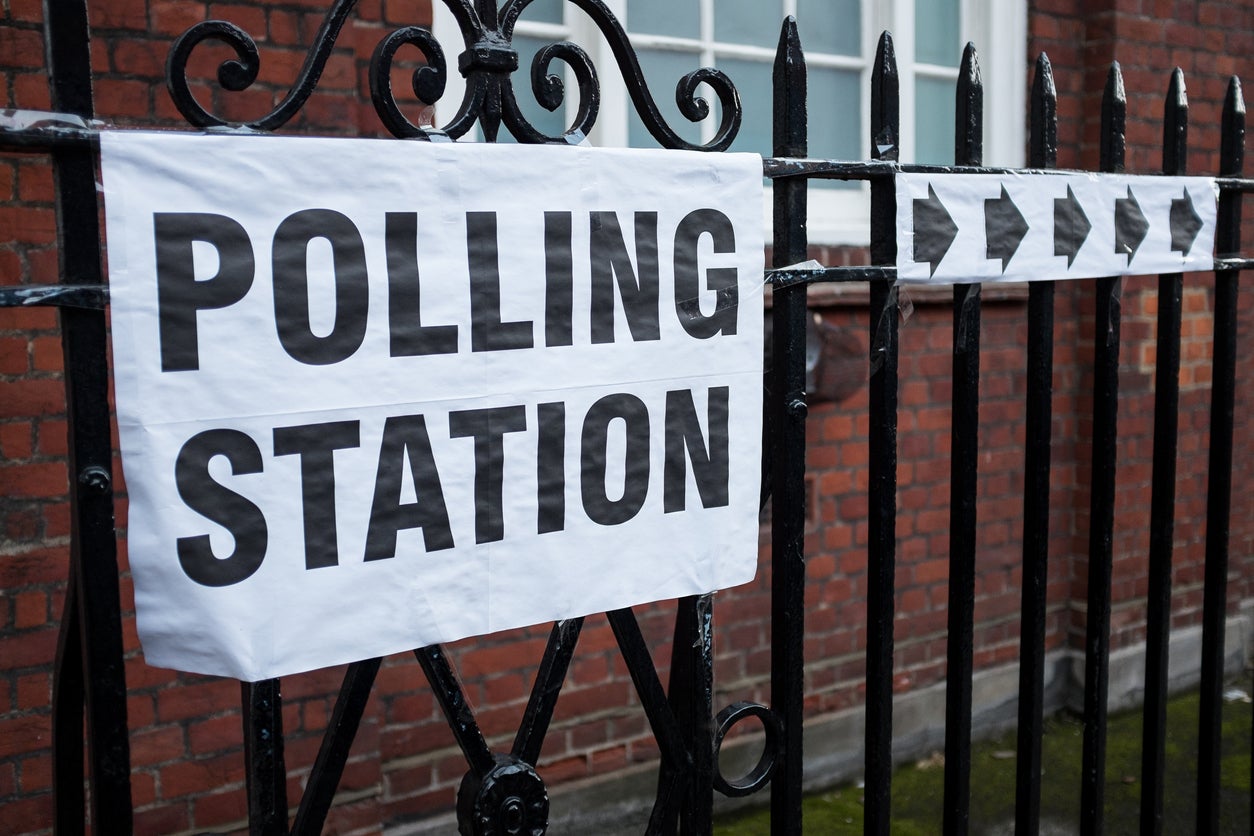Boundary tinkering will not make votes equal in value – electoral reform is long overdue
The Parliamentary Constituencies Act doesn’t deliver fair votes for everyone. The First Past The Post system disenfranchises people in safe constituencies


“Every voter deserves to have confidence that their vote counts the same, no matter where it is cast.” Fine words from MP Chloe Smith, our minister for the constitution, this week and a sentiment that anyone who believes in democratic values should support.
The problem, however, is that the minister appears to believe that she is delivering voter equity on the strength of the government’s Parliamentary Constituencies Act, a piece of legislation that tweaks MP seat boundaries to make them a fraction more equally sized. It is a rhetorical flourish akin to declaring the Titanic watertight based on a quick rearrangement of the deckchairs.
The goal of the legislation may be valid but to claim that it will make votes “equal” is laughable. Until we have meaningful electoral reform and a more proportional system, no amount of boundary tinkering will ever make every vote equal in value.
Our current electoral system is not working for anyone but those already in power – and that is the most realistic answer as to why we have not reformed it to date. Self-interest has become corrosive to the health of our democracy. We have seen growing political disaffection in the past decades and there is little chance of recovery without meaningful change.
One of the root causes of this corrosion is our “winner-take-all” voting system, which skews results and allows a minority party to wield unilateral power in Parliament. First Past The Post disenfranchises people in safe constituencies and forces people to vote tactically rather than having a free choice in tight races.
In strongly held seats opposition voters may feel that they have no representation, even if their parliamentarian has a majority of votes. In tightly contested seats the situation is if anything more perverse, as absolute power is conferred on the leading party even if their share of the vote is as low as 20-30 per cent (not unheard of in some constituencies). The minister herself should be aware of the problem – last year she was the first candidate in more than 40 years to actually secure more than 50 per cent of the vote in Norwich North.
There is a reason we are one of the only democracies left in the world that still uses First Past The Post. Indeed there is a reason why every time there has been constitutional reform in our own country it has seen the implementation of more proportional voting systems – in the Scottish, Welsh and Northern Irish parliaments, in London and in local council elections. When people get a taste of change and a more equitable voting system, they do not look back.
Think of the way the Brexit and Scottish independence polls shook up political loyalties. Marginalised voters, taken for granted in traditionally safe seats and left out of the national conversation – they saw an opportunity to finally have a free choice. Whatever you think of the outcomes of those votes, they are proof that people engage with politics more when they see that their decision matters.
We can have real reform. My party has consistently campaigned for a change to a more proportional system – and led the way in introducing fairer votes in Scotland – but this should not be a partisan issue. It ought to be a matter of democratic principle. Last year’s election marginalised Brexit Party voters, Greens and Liberals – and benefitted the Scottish National Party even more than the Conservatives.
In poll after poll, people have shown that they want more proportionality in elections – they want more equal votes. Now more than ever we are living a plural society, full to the gills with diverse views and values. We cannot keep forcing that multitude of voices into a binary system from a bygone age.
People want to believe that democracy matters and that their vote can have an impact, but they are disaffected by the demonstrable failure of the current system. If we want people to feel that they have a real stake in their government then it starts by voting for electoral reform.
If the minister for the Constitution truly believes her rhetoric then she should become a champion for that meaningful reform in government. Not because it is convenient for any one party but because it is the right thing to do for the future of British democracy.
After all – every voter deserves to have confidence that their vote counts the same, no matter where it is cast.
Alistair Carmichael is a Liberal Democrat MP for Orkney and Shetland
Join our commenting forum
Join thought-provoking conversations, follow other Independent readers and see their replies
Comments
Bookmark popover
Removed from bookmarks